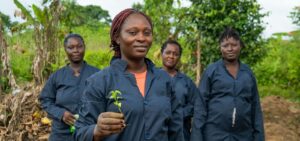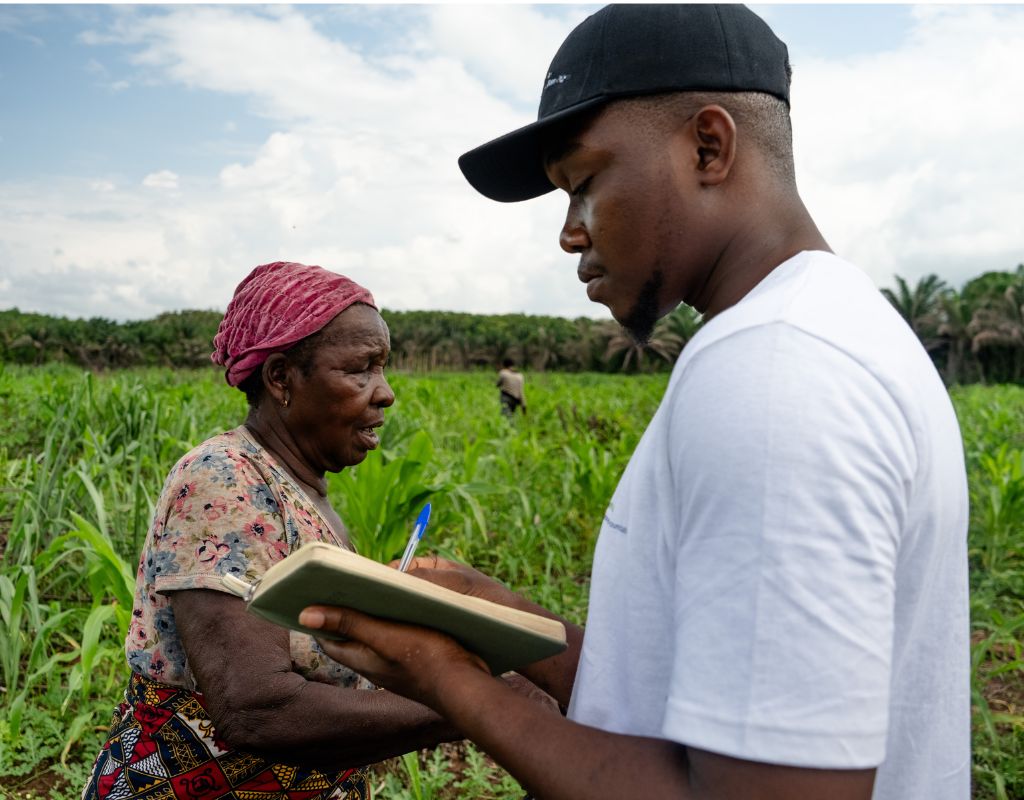Our recent visit to the Utagba-Uno Farm Settlement in Delta State revealed a concerning reality: farmers are achieving yields that are 70% below their potential. This low productivity underscores the urgent need for intervention to rejuvenate the soil and improve agricultural practices.
Understanding Farmers’ Challenges
During our visit, we engaged with farmers who shared their struggles with depleted soil—a key factor limiting their crop yields. Years of unsustainable farming practices and environmental factors have taken a toll on soil fertility, leaving it unable to support optimal crop production.
Educating Farmers on Soil Regeneration
At Agric Eco Resources Foundation (AERF), we are committed to empowering farmers with knowledge and tools to overcome these challenges. We educated the farmers about what depletes soil fertility and introduced organic methods to regenerate the soil. Techniques such as composting, crop rotation, and the application of agricultural lime were demonstrated to restore soil health and improve its capacity for food production.
Preparing for Tomato and Pepper Production
Our intervention also focused on preparing the farmers for successful tomato and pepper cultivation. We provided hands-on training on soil preparation, seedling planting, and organic manure application. By adopting these regenerative practices, the farmers are now better equipped to maximize their yields while maintaining sustainable farming systems.
Driving Change Through Sustainable Agriculture
This visit is part of our broader mission to tackle hunger, poverty, and environmental degradation. By addressing the root cause of low productivity—depleted soil—we are paving the way for higher yields, improved livelihoods, and food security for the Utagba-Uno farming community.
Together with the farmers, we are committed to turning these challenges into opportunities for growth. Stay connected with us for updates on this initiative and more stories of transformation through sustainable agriculture.




